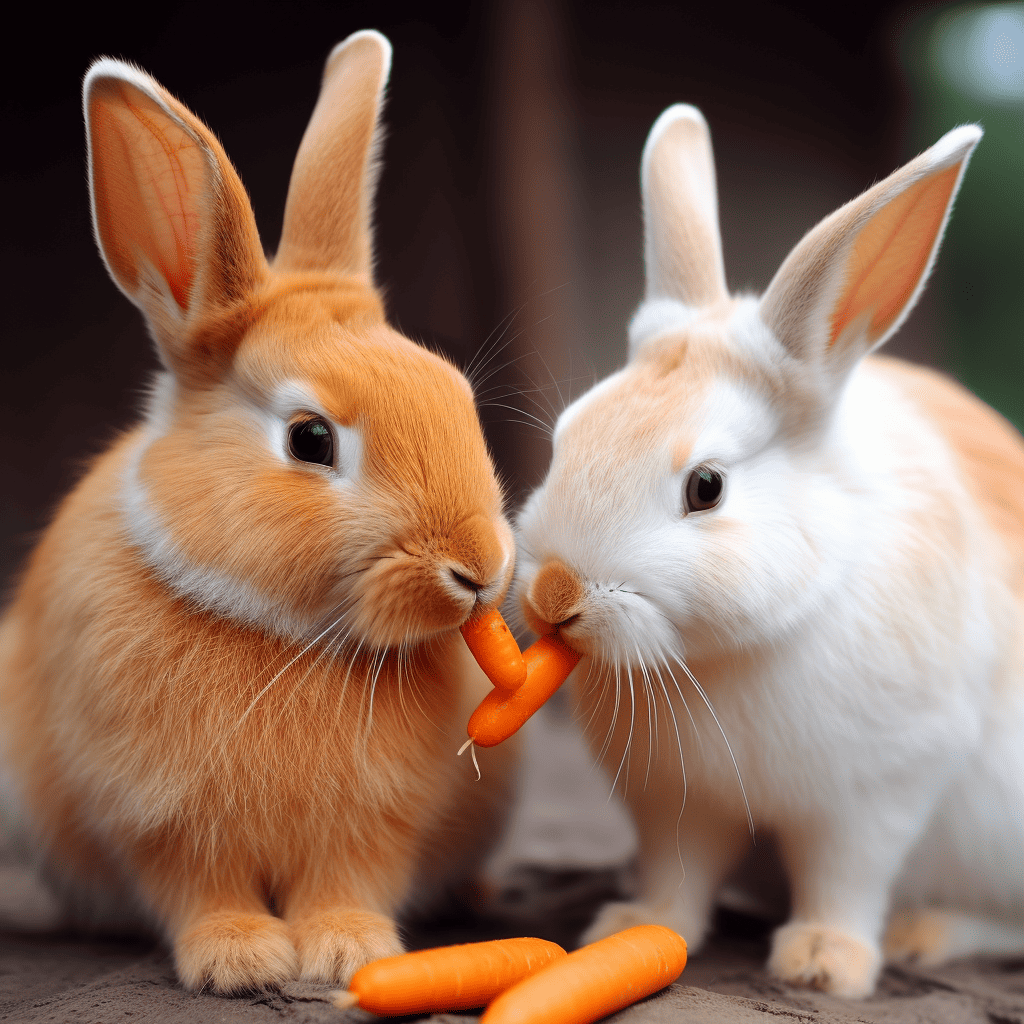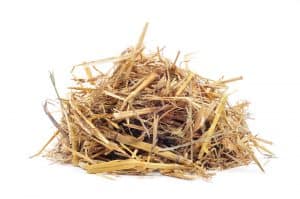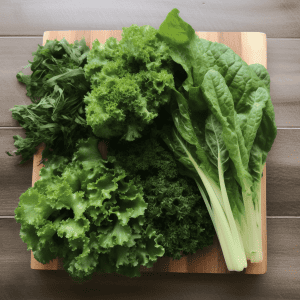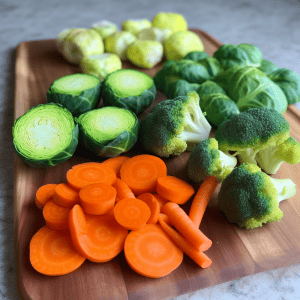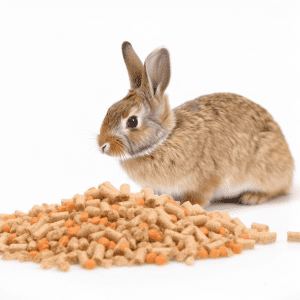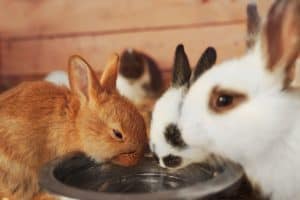Rabbits, those charming and fluffy creatures that hop their way into our hearts, are known for their voracious appetites and unique dietary needs. These herbivorous mammals have evolved to thrive on a specific diet that ensures their health and vitality. In this comprehensive article, we delve into the fascinating world of what rabbits eat, exploring their natural preferences, nutritional requirements, and the essential elements that make up a balanced rabbit diet.
Herbivores at Heart: Understanding Rabbit’s Digestive System
Rabbits are strict herbivores, which means their diets consist exclusively of plant matter. Their digestive system is finely tuned to process fibrous vegetation, allowing them to extract vital nutrients from plants that other animals might struggle to digest. The rabbit’s digestive process involves a unique strategy of digesting and re-ingesting fecal matter, known as cecotrophy, which aids in the absorption of essential nutrients like vitamins and proteins.
The Essentials: The Core Components of a Rabbit’s Diet
A rabbit’s diet should be carefully crafted to mirror the natural foods they would consume in the wild. The following core components should be included to ensure a well-rounded and nutritious diet:
– Hay: The Foundation of Rabbit Nutrition Hay is the backbone of a rabbit’s diet and provides essential fiber, promoting healthy digestion and preventing gastrointestinal issues. High-fiber grass hays such as timothy, orchard grass, and brome grass are ideal choices, offering the roughage necessary for maintaining dental health and supporting a thriving gut microbiome.
– Fresh Greens: A Rainbow of Goodness A variety of fresh leafy greens should be a prominent part of a rabbit’s diet. Romaine lettuce, kale, cilantro, parsley, and dandelion greens are just a few examples of nutrient-rich options that provide vitamins and minerals. However, introducing new greens gradually is crucial to avoid digestive upset.
– Vegetables: A Colorful Medley Vegetables add diversity to a rabbit’s diet and provide essential nutrients. Carrots, bell peppers, broccoli, and Brussels sprouts are excellent choices. These should be introduced slowly and in moderation, as some vegetables can be high in sugar or cause gas.
– Pellets: A Balanced Supplement Pellets formulated specifically for rabbits can be part of their diet, but they should be viewed as a supplement rather than a primary food source. Look for high-fiber pellets with minimal additives and provide them in controlled portions to prevent overeating.
– Fresh Water: The Elixir of Life Access to clean and fresh water is vital for a rabbit’s overall health. Make sure your rabbit has a constant supply of water to stay hydrated and support their bodily functions.
Avoiding Harmful Foods: Rabbit’s No-No List
While there are many foods rabbits can enjoy, there are certain items that should never be included in their diet. These include:
– High-Sugar Fruits: Fruits like grapes, bananas, and apples should be fed in limited quantities due to their high sugar content.
– Starchy Foods: Avoid starchy foods such as potatoes, corn, and beans, as they can disrupt a rabbit’s sensitive digestive system.
– Processed or Human Foods: Junk food, chocolate, and any processed human foods should be strictly off-limits, as they can be toxic to rabbits.
Feeding for Life Stages: Catering to Different Needs
A rabbit’s dietary requirements can change throughout their life stages. Young rabbits, or kits, require a diet that supports their growth and development. As rabbits age, their nutritional needs evolve, and adjustments should be made to maintain their health and vitality. Consulting a veterinarian who specializes in small animals can provide valuable guidance on tailoring a rabbit’s diet to their specific life stage.
Introducing New Foods: Patience is Key
When introducing new foods to a rabbit’s diet, patience is essential. Rabbits have delicate digestive systems that can be easily upset by sudden changes. Gradually introduce new items, monitoring your rabbit’s reaction and ensuring they tolerate the food well before incorporating it into their regular diet.
Diet-Related Health Concerns: Keeping Rabbits Healthy
Maintaining a proper diet is essential for preventing diet-related health concerns in rabbits. Obesity, dental issues, and gastrointestinal problems can arise if a rabbit’s diet lacks essential fiber or is too high in sugars. Regular veterinary check-ups and proper diet management are crucial to ensure your rabbit’s well-being.
Conclusion: A Nutritional Symphony for Our Hoppy Friends
Feeding a rabbit a balanced and appropriate diet is an act of love and responsibility that contributes to their overall health and happiness. By understanding the natural dietary preferences of rabbits and providing a variety of high-fiber foods, leafy greens, and fresh water, we create an environment that nurtures their well-being. The diet of a rabbit is a symphony of flavors, textures, and nutrients, orchestrated to promote vitality, prevent health issues, and support a long and joyful life for these enchanting creatures that hold a special place in our hearts.

